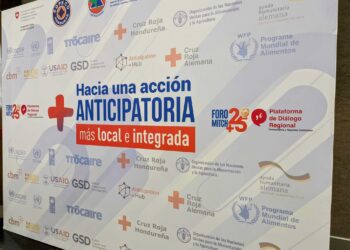The global impacts of climate change are far reaching, manifesting as extreme heat, flash floods, sea level rise, and severe droughts. While experienced across the globe, these impacts have been especially prevalent in the already climate-stressed regions of South Asia and West Africa. To make matters more dire, the toll of climate change in these areas is expected to worsen in the coming years.
Addressing these increasing threats requires the immediate creation of strong policies that are grounded in scientific research to safeguard the health, livelihoods, and environments of those living in these areas. Additionally, as communities throughout the global south face similar issues, there is a valuable opportunity for mutual learning and sharing of experiences.
On November 13th, various institutes at Harvard University including the Lakshmi Mittal South Asia Institute, the Salata Institute for Climate and Sustainability, and the FXB Center for Health and Human Rights, conducted a three-day workshop focusing on this critical challenge. The workshop examined the key preliminary findings from several climate adaptation research initiatives in West Africa and South Asia, which are supported by funding from the Salata Institute.
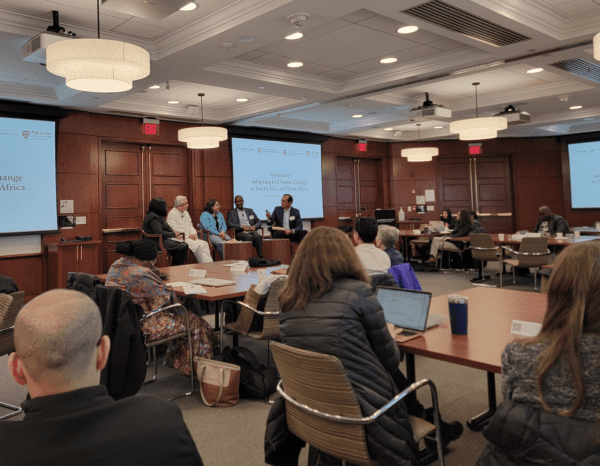
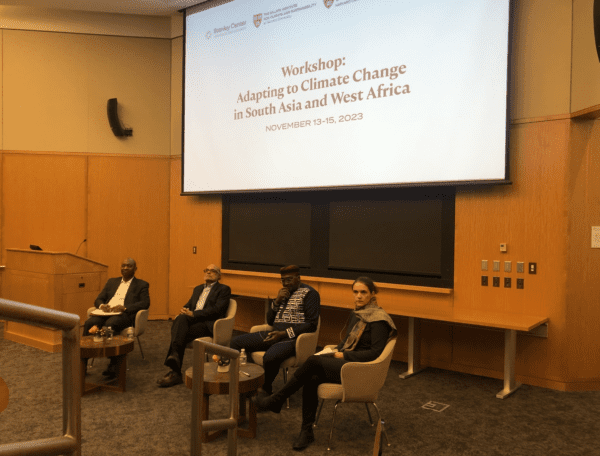
The discussions identified the common climate change challenges faced in these regions, and considered anticipated impacts, local vulnerabilities, and necessary government responses. Key topics included identifying regional capacities, stakeholders involved in decision making, and ways to enhance local, regional, and international readiness for climate-related challenges. Through panel presentations and project demonstrations, the workshop was able to facilitate a cross-regional exchange of ideas and strategies for effective climate adaptation.
Key Sessions & Topics
Implications of Climate Projections
This session delved into the complexities and challenges of adapting to climate change in South Asia and West Africa, emphasizing the need for readiness in the face of uncertainty.
Generating Evidence for Loss and Damages
Facilitated by Satchit Balsari, this session highlighted the importance of accessible, evidence-based data for policy-making. It introduced the Climateverse initiative from Harvard, aiming to create a comprehensive, open-access data repository. The session also discussed Community HATS, a project focusing on the health impacts of heat in impoverished areas.
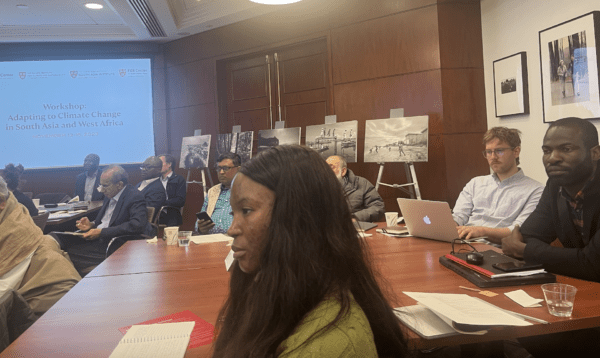
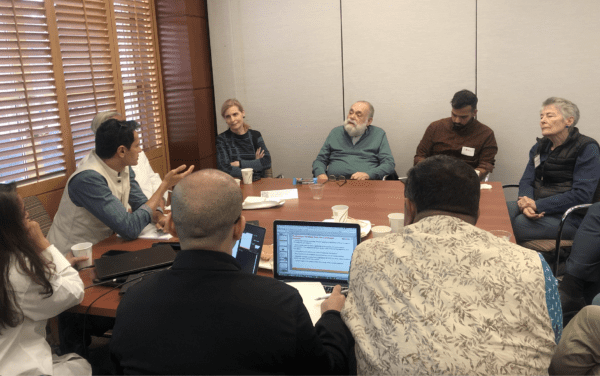
Governing Human Settlements Along the West African Coast
Led by Eric Valere Djagoua, this session explored the governance challenges in West African coastal regions. Issues like land use planning, demographic pressures, and the need for coherent governance were discussed, with a focus on collaboration between government, private sector, NGOs, and communities.
Local Idioms for a Just Transition
This segment of the workshop provided insights into the cultural dimensions of climate adaptation, emphasizing the importance of local knowledge and practices.
Recalibrating Sustainability: Workshop Keynote Event
This keynote addressed the broader theme of living with a changing climate, providing a strategic overview of sustainable practices in the context of climate change.
Financing Climate Adaptation
This discussion centered around the financial strategies and resources necessary for effective climate adaptation.
Climate Change and Adaptation: A Health Agenda
Chaired by Satchit Balsari, this session highlighted the intersection of climate change and health, discussing strategies to integrate health considerations into climate adaptation.
South Asia Cluster Meeting: Landscape Analysis Dissemination Plan
This final meeting focused on disseminating findings from the landscape analysis, emphasizing the importance of collaborative research and data sharing.
For more information on the event, visit the Lakshmi Mittal South Asia Institute website..=

